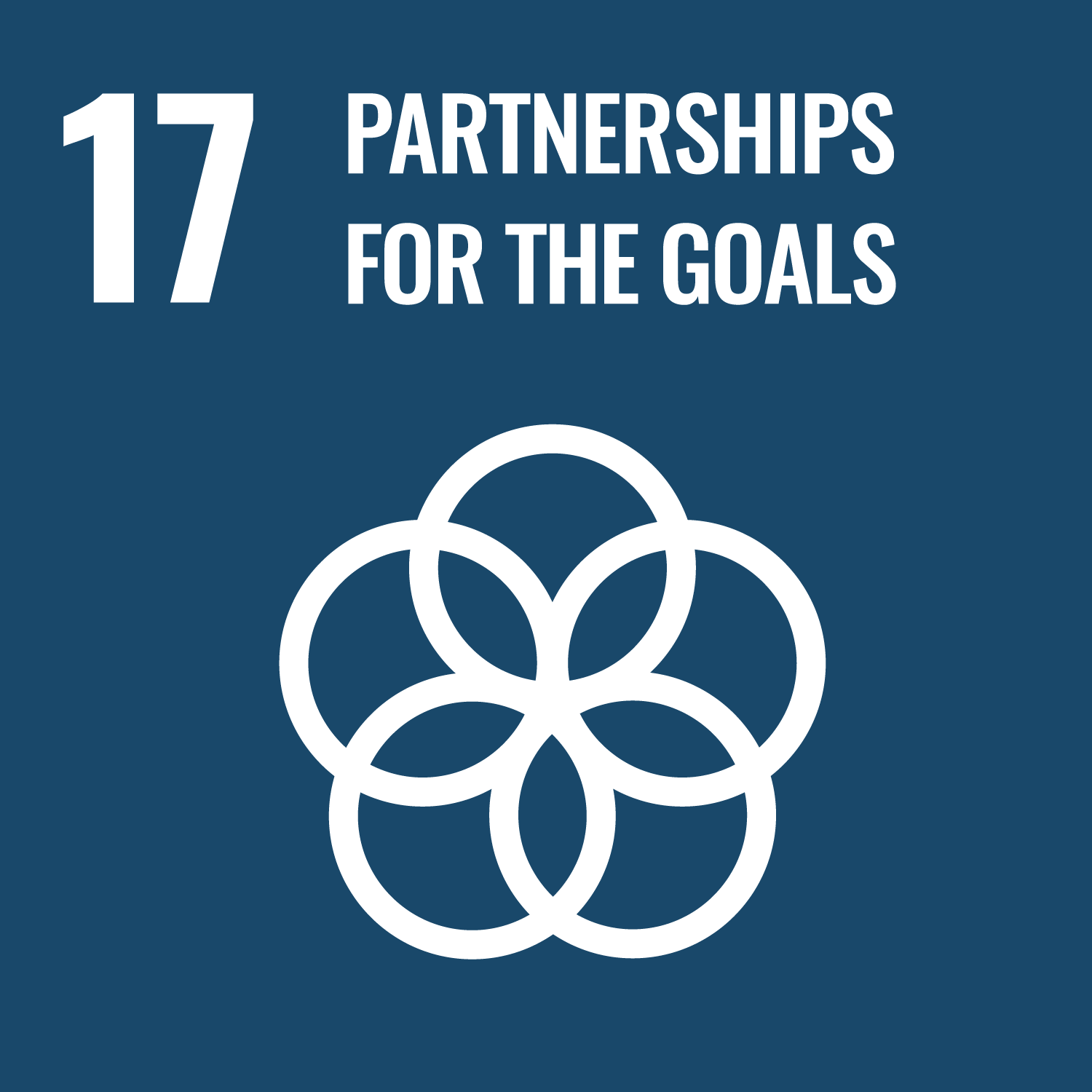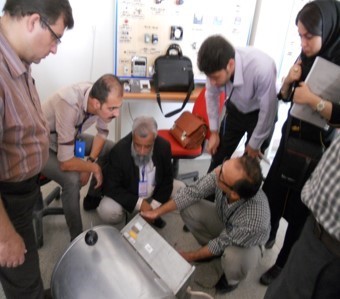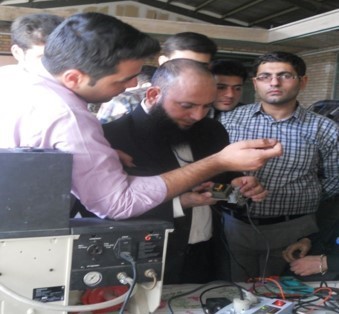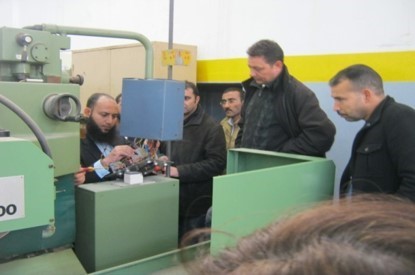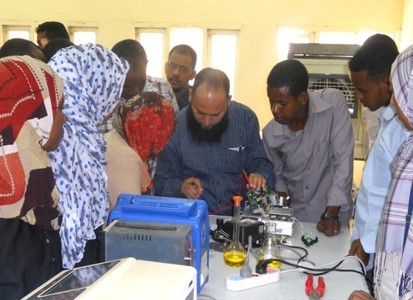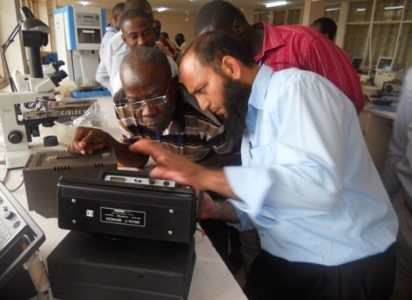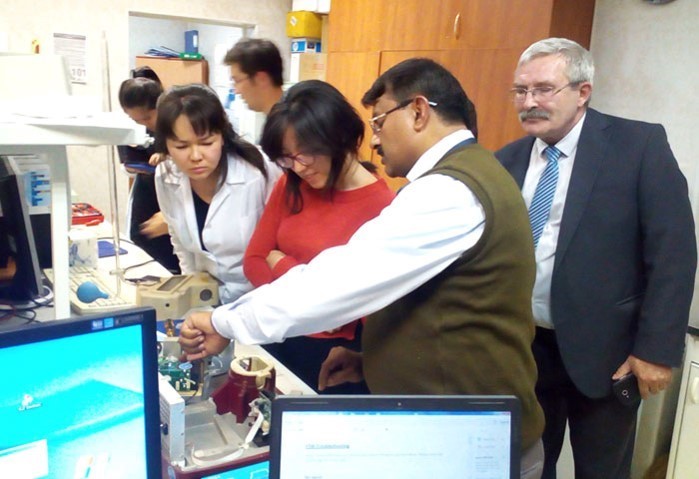COMSATS-ISESCO’ National Training Workshops on Repair and Maintenance of Scientific Engineering Equipment in Universities, Research Institutions, and Small-Scale Industries
Promoting self-reliance for management and upkeep of technological resources in developing countries
Challenges
Scientific research and development activities are the most effective and sustainable tools in achieving long-term national economic growth. A large proportion of this research is customarily conducted in educational and industrial organizations. The pace of research, inter alia, depends on the availability of well-maintained scientific instruments. In developing countries, lack of planning in the purchase and management of inventories and severe shortage of technical expertise related to repair and maintenance of instruments and equipment greatly hamper the smooth progress of research programmes. The lack of maintenance facilities results in the discarding of a large number of very expensive instruments and equipment. These losses can be averted by spending a fraction of money on the effective and preventive repair and maintenance processes. There is a great need, therefore, to develop local capacities to repair and maintain the scientific equipment in developing countries in order to ensure uninterrupted research work.
Towards a Solution
In recognition of the importance of the issue and to enable their common member countries to achieve technological self-reliance in the repair and maintenance of scientific equipment and to reduce the technological dependence on foreign experts, the Commission on Science and Technology for Sustainable Development in the South (COMSATS) and the Islamic Educational, Scientific and Cultural Organization (ISESCO) initiated a series of national workshops in 2004. These workshops are intended to highlight the issues/problems related to the maintenance of scientific engineering equipment used in universities, research institutions, hospitals, and small-scale industries. COMSATS, keeping in mind the needs of the host country, engaged two experts from Pakistan and provided hands-on training to the workshop participants for upgrading their skills and enhancing their capacities in repairing, maintaining and troubleshooting important scientific engineering equipment in their organizations.
The main goal of the workshop series is to train master trainers for developing sustainable infrastructure by relying on skilled human resources specialized in scientific engineering equipment, especially their repair and maintenance. The objectives are to:
- demonstrate the process of repairing defective instruments by the experts;
- provide hands-on training to participants for improving their skills for independently maintaining and repairing;
- update participants’ knowledge on the latest techniques involved in the operation of scientific instruments;
- acquaint participants with the functioning of scientific instruments through needs-based training, as well as documentation of the repair and maintenance activities;
- update the trainees’ knowledge on changing and new technologies in scientific equipment;
- consolidate the technical skills and understanding of local users or engineers in order to communicate with the manufacturer or principal for troubleshooting critical problems;
- develop a platform for information exchange among scientists, engineers, teachers, service technicians, operators and industrialists for updating their existing technical skills and knowledge base.
The series of workshops aimed to provide a forum to the young scientists/professionals from the developing countries to learn about the latest maintenance techniques.
Methodology
Each workshop is designed for five days and includes presentations, distribution of training manuals and hands-on training sessions in the laboratories under the supervision of experts and application of learned techniques on the available faulty equipment.
- The list of equipment is identified by the host country. Faulty scientific instruments can also be repaired by the participants under the guidance of the resource persons during the workshop.
- On the basis of equipment identified by the host country, COMSATS engages resource persons/field experts who impart hands-on training to the workshop participants for upgrading their skills and enhancing their capacities in repairing, maintaining and troubleshooting.
- The beneficiaries of these workshops include researchers, engineers, technicians and teachers working at universities, research and development institutes/hospitals and small-scale industries.
- The desirable number of participants is around 30-40 from universities, research and development institutes and hospitals as well as industry.
- The host institute selects a laboratory for this workshop and the list of instruments for training.
- An agreement is signed between COMSATS, ISESCO and the host institute to identify the role of partner organizations in organizing the training workshop.
- The training includes theoretical, hands-on training and implementation on available, faulty machines.
These workshops, which are free of cost to participants, were organized in the common Member States of COMSATS and ISESCO. Over 450 scientists, researchers, engineers, technicians, teachers, students, and representatives of government ministries, agencies, academia and research institutes have benefited from them. To date, 13 workshops have been organized in ten developing countries: Kazakhstan (2017), Nigeria (2016), Oman (2015), Iran (2014), Sudan (2004 and 2013), Tunisia (2012), Egypt (2011), Senegal (2010) and Syrian Arab Republic (2005). COMSATS also independently held two workshops on the theme in Ghana during 2013 and 2015. They built their expertise and capacity to locally repair and maintain scientific instruments used in the laboratories of research and development institutions as well as small-scale industries in their respective countries. Additionally, scientific equipment worth millions of US dollars were repaired and made functional for optimum and effective use due to these training workshops.
Thus, the workshops have provided a platform for the systematic and cross-country transfer of information, knowledge and good practices.
Sustainability is ensured by training participants to become master trainers. Since the establishment of this initiative in 2004, which was held in Sudan, the workshop has been held in ten developing countries with course content and training manuals updated and adapted to the host countries’ needs.
Contact Information
Name: Mr Tajammul Hussain, Title: Advisor (Programmes), Organization: COMSATS; Name: Mr Nisar Ahmad, Title: Deputy Director (Systems), Organization: COMSATS
Countries involved
Egypt, Ghana, Iran (Islamic Republic of), Kazakhstan, Nigeria, Oman, Senegal, Sudan, Syrian Arab Republic, Tunisia
Supported By
Commission on Science and Technology for Sustainable Development in the South (COMSATS)
Implementing Entities
COMSATS, ISESCO
Project Status
Completed
Project Period
2004 - 2017
URL of the practice
http://comsats.orgPrimary SDG
04 - Quality Education
Secondary SDGs
08 - Decent Work and Economic Growth, 09 - Industry, Innovation and Infrastructure, 12 - Responsible Consumption and Production, 17 - Partnerships for the Goals
Similar Solutions

